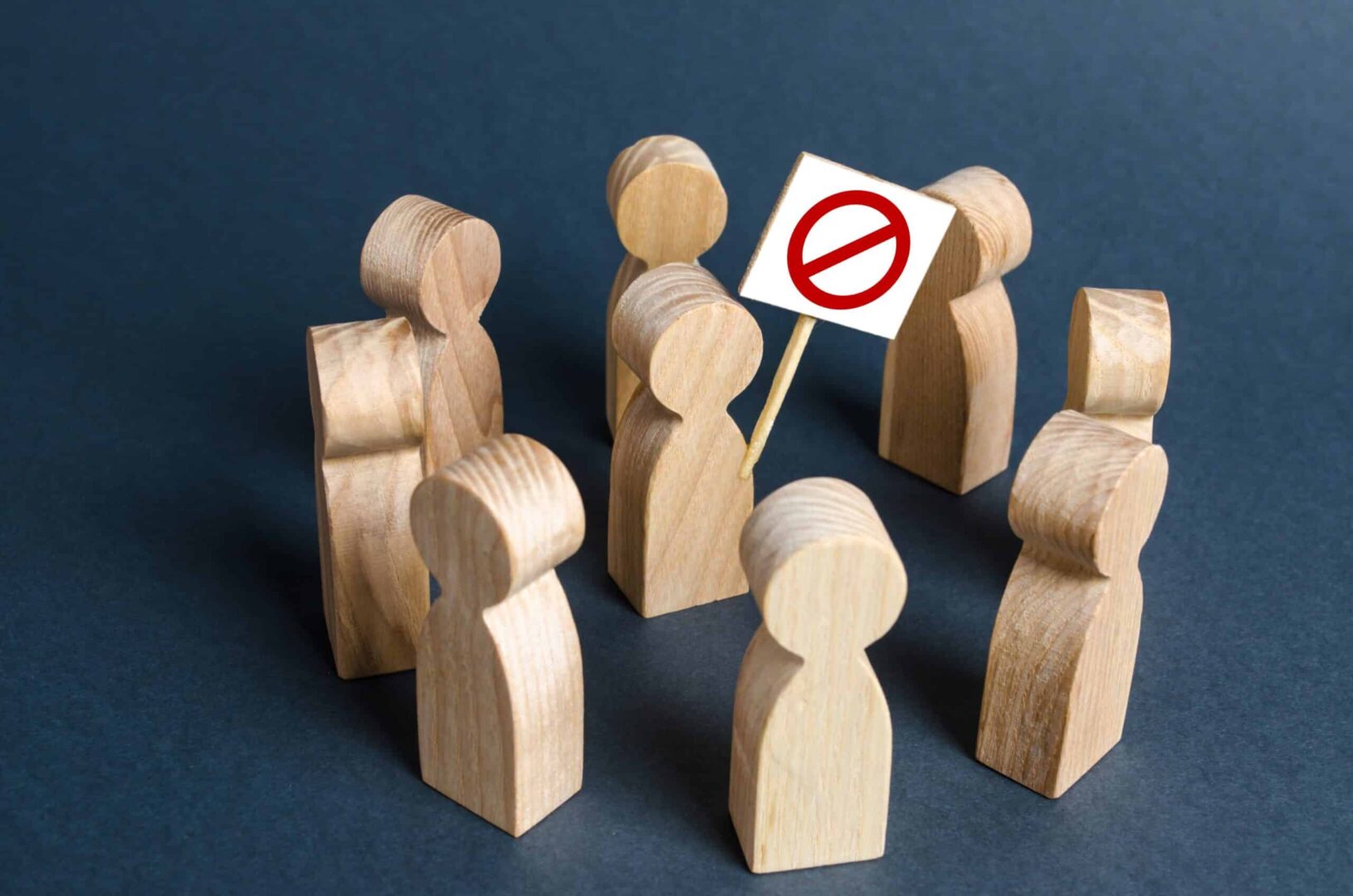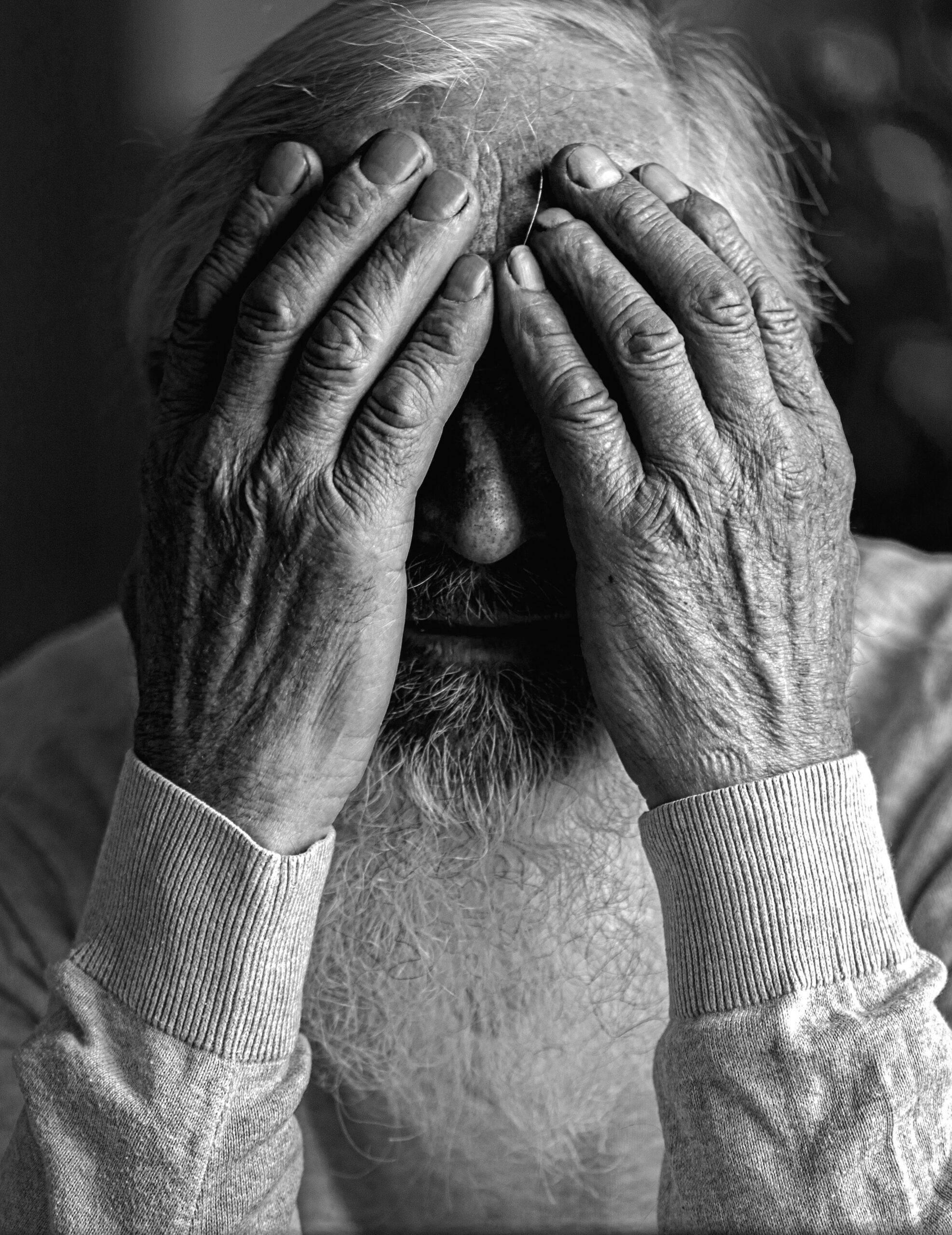- 18.5% of adults aged 18-44 engaged a counselor or therapist in 2019 compared to 26.6% seeking mental health services in 2023. The 8.1% increase is partly due to stressors from the COVID-19 pandemic.
- Blaming others is a defense mechanism that prevents us from experiencing uncomfortable emotions such as guilt or shame. Projecting blame denies our own weaknesses and instead sees those weaknesses in others.
- Therapists may end up encouraging an external locus of control instead of an internal locus of control. An external locus of control explains an adult child’s pain through events or people (“my father’s alcoholism”, “my parents’ neglect”). In contrast, an internal locus of control explains pain through individual agency (“my decision to marry this person,” “my overeating,” “my temperament”).
- Adult children lacking the emotional maturity to accept the successes and failures of life may use therapy as a means to blame a parent. Therapists working with adult children who blame most of their problems on family relationships should recognize a lack of internal locus of control.
- Parents lacking the emotional maturity to admit parenting mistakes that hurt their adult child may blame therapy instead of taking personal responsibility. Therapy may be a solution for parents wanting to connect in a healthier way with their estranged adult child.
Therapy’s Effect on Estrangement
“Doesn’t it seem coincidental that since therapy began, adult children are busy blaming parents for everything wrong in their life,” asks a skeptical parent? According to Karl Pillemer, PhD’s research study published in his book Fault Lines: Fractured Families and How to Mend Them, 27% of Americans over age 18 were currently estranged from a relative.
“I would NEVER have complained to my parents the way my adult child complains to me. Everything was fine in our relationship until my adult child began going to therapy. Suddenly I can’t say anything without making my adult child feel ‘unsafe’. There are so many boundaries in our relationship that I can’t keep up with them! I don’t know why I’m the ‘bad guy’. I only tried to give them a better life than what I had,” complains mom.
If you’ve felt the way this mom feels, you’re not alone.
What the Research Says
According to the Center for Disease Control, adults 18-44 years old increased counseling or therapy use by 8.1% from 2019 – 2023. This jump can be explained in part by the COVID-19 pandemic although mental health care had been increasing prior to the pandemic. The disruption of school and work combined with extended isolation understandably influenced the increase in mental health services. Although current stats do not yet exist, relying on the 2023 numbers is reasonable. Basically, 1 in 4 adults aged 18-44 (26.6%) are seeing a mental health professional.
27% of Americans are currently estranged from a relative. (Pillemer).
27% of adults aged 18-44 engage in counseling or therapy. (CDC).
I can see why parents think that therapy is the problem. The numbers “seem” to indicate a correlation but blaming therapy for our estrangement may be short-sighted. Societal trauma definitely shifted how parents “parented” in recent decades which in turn affected our children’s experience.
Can Societal Trauma Affect Us?
In my experience as a Certified Family Estrangement Coach every family has “issues”. The question is: how do we deal with those issues?
The reasons why anyone goes to therapy is unique to each individual. Adult children might tell me that they began therapy because “I didn’t want to yell at my kids the way my mom yelled at me.” Sometimes they decide to go to therapy because they have anxiety that keeps them from progressing in their work. Whatever the reason, today’s adult child is very likely to go to therapy at some point in their life.
Can you blame them? Ask yourself if your adult child lived during Elizabeth Smart’s kidnapping or the onset of public school shootings? Whether we want to admit it not, I know that I became a fearful parent. After Elizabeth Smart was kidnapped, I never left a window open more than a few inches. Even though I purposely tried to prevent my pre-teen daughter from hearing about Elizabeth Smart, she was afraid. How could someone sneak through a window and kidnap a girl with her sister in the room?
While that may seem extreme, I remember wanting to protect my children. The relief on my daughter’s face when she saw us take precautions to keep bad people out still pops into my mind. I asked her over a decade later if she remembered anything about Elizabeth Smart. Surprisingly she quickly answered, “YES!”
I remember the Columbine shooting and the shock that swept the nation. How could a kid walk into a classroom and kill children? It was unfathomable (and still is). These experiences were the beginning of a new kind of hell for parents. How can I let my kid be a kid and keep them safe too?
Did My Fear Contribute to Adult Child Estrangement?
Consequently, parents began holding more tightly onto their children. We orchestrated “play dates” and became less willing to let our kids just run through the neighborhood. Parents knowing where kids were at any moment in the day was top priority.
Even as I write this, I can feel fear pulse through me and I don’t even have kids at home. (Looks like I have some emotions that want my attention).
For many parents, “being alert” about what our kids were doing and who they were with became a way of life; as normal as eating dinner or doing homework. How many of us went to therapy to process our fear? My guess is that the vast majority of us didn’t. Our adult children are different. They are willing to look deeper and learn about themselves.
I’m not saying that either of these experiences in and of themselves have catapulted our children into therapy. I am saying the lifestyle changes we made may be showing up as anxiety or an unwillingness to adult. Parents may have unintentionally stalled the development of emotional resilience in our children as we orchestrated a “better life” for them than we had.
Understandably we may be perceived as the overbearing, over protective parents – control freaks by our adult children. We can take a step back to understand “why” they may be blaming parents for everything wrong in their lives. We don’t have to agree with them to understand where they’re coming from.
Reasons Our Adult Children Go to Therapy
When we take a step back and try to put ourselves into the world our adult child grew up in then it can be easier for us to understand one reason “why” they are going to therapy. They are trying to figure out why they think the way they think and do the things they do….and how to change it.
Part of a therapist’s job is to listen to your adult child without judgment. Human nature tends to look for reasons outside of ourselves to explain our behavior (or lack of it). I see this regularly in my estrangement coaching practice. Admitting mistakes feels horrible for most people, at least in the beginning so we tend to look for someone to blame.
Telling Your Side of the Story
Until our feelings are witnessed and we get to tell our “side of the story”, we cannot take the next step. A parent’s “side of the story” may be filled with blame too. “She never told me there was a problem!” “How can my child forget all of the happy memories we had together?” Blaming is an “external locus of control”.
Psychiatrist and professor Joel Paris bluntly states, “Clinicians should be careful not to agree with patients who blame family members for most of their difficulties.” Myths of Childhood What we hope happens for us and our adult child is that we begin to shift from an external locus of control to an internal locus of control, accepting our agency and the choices we’ve made.
While it may be true that “my father’s alcoholism left me afraid to speak up”, that acknowledgement could be empowering instead of paralyzing. “Now that I know how my father’s alcoholism affected me (and still affects me) I can begin to process the emotion and release it. I can be more aware when I’m afraid to speak up and be gentle with myself.”
I do want to mention that there are many other reasons an adult child may go to therapy: domestic violence, sexual abuse, addiction, parental alienation, parentification….to name a few.
When Blaming Happens – 3 Steps
Acceptance
First, accept that we live in a time where mental health matters. That’s actually something we can learn from our adult child: take care of our mental health (since we probably grew up trying not to be a whiner or ball-baby). When adult children bring up issues from their childhood, they hope we will understand them better.
Parents often feel like adult children are blaming parents for everything wrong in their lives. We tend to feel that they are shaming, criticizing or rejecting us. Our feelings make sense because we would never have shared such intimate things with our parents.
Validate
We want to take a step back and listen with the intent to understand and then validate their feelings. Adult children often feel that sharing their experiences or feelings is a way to be closer to us. That’s why they are so surprised when we get defensive. From an adult child’s viewpoint they have asked, “Will you be my friend?” and we have answered, “No!”
Set up a support system for our mental health. We won’t be able to listen to our adult child when our own system is screaming, “Listen to me!”
Be Patient
Second, stop waiting for your adult child to “change their mind”. The truth is: patience is DEFINITELY a virtue when dealing with estrangement but waiting for someone else to change is a waste of precious time. We only have control over ourselves, not our adult child. Develop curiosity about the part we played in creating the strain in the relationship.
Do Your Inner Work
Third, prepare yourself to be a positive influence in your adult child relationship. Instead of reacting with feelings of hurt, anger or rejection we want to show compassion, confidence and calmness. That’s the place connection can happen. This piece is a process and is often referred to as “inner work”. Read Inner Work for Estranged Parents: A Path to Reconnecting for more insights.
How Estranged Parents Can Move Forward
We don’t know if or when we may look up and see our adult child standing there in the grocery aisle or at the gas station. But what I know is that without preparation, we will say or do things that we later regret and beat ourselves up for. Instead of saying, “Hi. You look great in that blue blouse” we feel hurt, angry and rejected. We may regret our words or actions. Our interaction confirms to our adult child “why” they cut us off in the first place.
“Should” adult children blame their parents for everything? I don’t think so. But parents are in the best position to offer compassion and gentleness for what their adult child is going through. As parents take care of their healing, we become a safe place for our adult child to connect. We can’t control what our adult child does and whether they blame us or not.
The fact that your adult child goes to therapy isn’t the problem. The “problem” is learning how to be curious when an adult child blames us for everything wrong in their lives. “Tell me more” or “I’d like to understand what you mean” can create a window of connection. One step at a time.
Final Takeaways
More adult children are going to therapy than in prior years. Parents often want to blame therapy or social media for family estrangement. Societal trauma and resulting parental fear contributed to a shift in parents keeping a tighter grasp on children. Additionally, parents may have unintentionally prevented children from developing emotional resilience. When an adult child is blaming you for everything, accept that they are trying to understand themselves better. Stop waiting for your adult child to change. Finally do your inner work so that you can develop peace regardless of what your adult child does or doesn’t do.
Published January 25, 2025; Updated October 14, 2025





